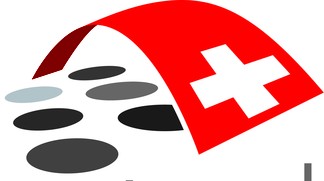May 27 2013
The Nano-Tera.ch initiative aims to bring Switzerland to the forefront of a new technological revolution.
 © 2013 Nano-Tera.ch
© 2013 Nano-Tera.ch
The Nano-Tera.ch initiative aims to bring Switzerland to the forefront of a new technological revolution: using engineering and information technology to improve health and security, and to broaden our management of energy and the environment. The 2013 Nano-Tera.ch Annual Plenary Meeting is the opportunity to run through successful achievements and to open the promising second phase of the program.
Launched officially in February 2008, Nano-Tera.ch is a Swiss national program supporting research in multi-scale system engineering for health and the environment. The broad objectives of the program are to improve quality of life and security of people and to create innovative products, technologies and manufacturing methods.
Nano Tera - trailer
Nano-Tera.ch fosters collaborative research, bridging traditional disciplines (such as electrical engineering, bio-medical sciences and computer/communication sciences) and crossbreeding hardware and software technologies in the areas of implantable/wearable, ambient/environment and energy systems.
Directed by EPFL Professor Giovanni de Micheli, Nano-Tera.ch is now a strongly established program that funds about 100 research projects involving 44 Swiss research institutions, for a total budget of about 220 MCHF.
The 2013 edition of the Nano-Tera.ch Annual Meeting is especially noticeable as it will showcase the final results of the first wave of research projects that have been funded by the Nano-Tera.ch program for the last 3-4 years. These results will be demonstrated through oral presentations, posters, videos and prototype exhibitions, thus giving the participants a good overview of the major program achievements.
The meeting will also introduce the second wave of newly funded research projects which are starting this year.
Last but not least, Friday, May 31st, will feature two prominent keynote speeches by Matthias Kaiserswerth, director of research at IBM ZRL ( “IBM Innovations in Nanoscience: Made in Switzerland”) and by Samuel Rutz, vice-director of Avenir Suisse (“From University to Industry”).